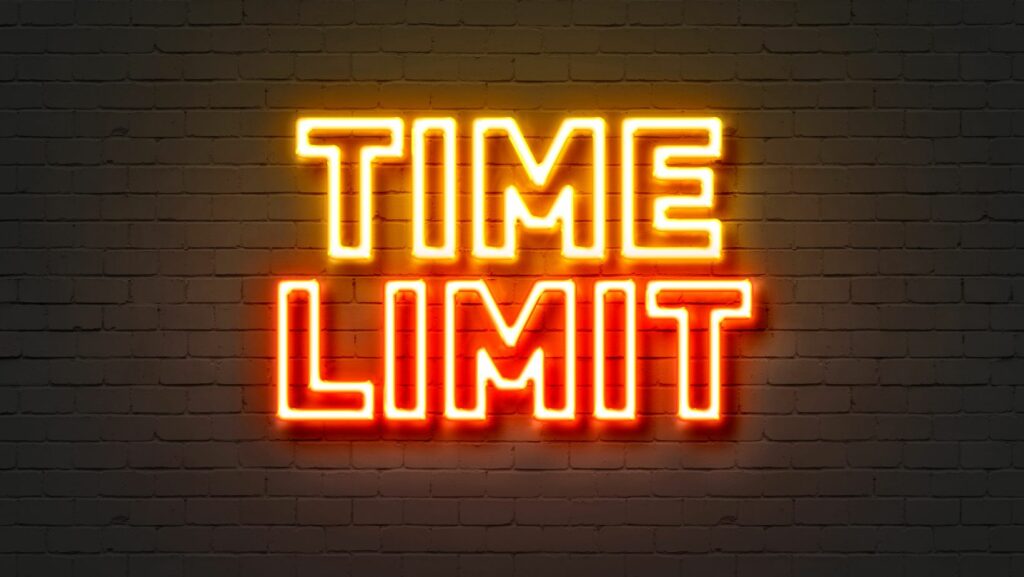Feeling like you’re spending too much time mindlessly scrolling through apps? I’ve been there. In today’s digital age, it’s easy to get lost in the endless stream of notifications and updates. But fret not, as I’ve got some practical strategies to help you regain control over your app usage.
Mastering the art of app addiction on your phone requires balancing engaging activities, such as playing slot online games, with productive and mindful app usage.
How to Limit Time on Apps
In my experience, excessive app usage can have significant negative effects on various aspects of our lives, including productivity, mental health, and relationships. Constantly being glued to apps can lead to decreased efficiency in daily tasks, heightened stress levels, and a sense of disconnection from the real world.
- Decreased Productivity:
Spending too much time on apps can result in a decline in productivity. I’ve noticed that excessive scrolling through social media feeds or playing games can consume valuable time that could be used for more meaningful activities. This can lead to procrastination, missed deadlines, and overall reduced effectiveness in completing tasks. - Negative Impact on Mental Health:
From what I’ve observed, prolonged app usage can also take a toll on our mental well-being. Constant exposure to curated lifestyles on social media platforms can contribute to feelings of inadequacy, comparison, and low self-esteem. Moreover, the instant gratification provided by apps can lead to addictive behaviors and a need for constant validation, impacting our mental health negatively.
- Strained Relationships:
Excessive app usage may strain relationships with family and friends. I’ve seen instances where individuals prioritize virtual interactions over real-life connections, leading to feelings of loneliness and isolation. Spending excessive time on apps during social gatherings or family time can create barriers to meaningful communication and bonding, affecting the quality of relationships.
It’s crucial to recognize the detrimental effects of excessive app usage and take proactive steps to limit screen time. By establishing boundaries, setting goals for app usage, and engaging in offline activities, we can regain control over our digital habits and foster a healthier balance between technology and well-being.

Strategies to Limit Time on Apps
To effectively limit time spent on apps, I focus on implementing practical strategies that promote a healthier balance between screen time and offline activities. By integrating the following methods into my daily routine, I regain control over digital habits and ensure a more mindful approach to app usage:
- Set Clear Usage Goals: Establishing specific goals for app usage allows me to monitor and regulate the time spent on different applications. By defining the purpose and duration of each app session, I can avoid mindless scrolling and prioritize essential tasks.
- Utilize App Time Tracking Tools: Leveraging time tracking applications helps me visualize the time spent on various apps and understand usage patterns. By analyzing these insights, I can identify time-wasting habits and make informed decisions to reduce screen time.
- Implement App Restrictions: I set app restrictions on my devices to limit access to certain applications during specific hours or days. By creating digital boundaries, I reduce impulsive app usage and allocate time for more meaningful activities.
- Engage in Offline Hobbies: To minimize reliance on digital devices, I actively participate in offline hobbies such as reading, painting, or outdoor activities. Dedicating time to non-screen activities enhances overall well-being and reduces the temptation to constantly check apps.
- Designate Tech-Free Zones: I designate certain areas in my home, such as the dining table or bedroom, as tech-free zones to promote uninterrupted quality time with family or enhance relaxation. Creating boundaries between technology and personal spaces fosters healthier relationships and reduces screen dependence.
- Practice Mindful App Usage: By practicing mindfulness during app interactions, I become more conscious of my digital behavior and its impact. Taking regular breaks, setting time limits, and staying present while using apps help me avoid excessive screen time and maintain focus on essential tasks.
By incorporating these practical strategies into my daily routine, I effectively limit time on apps, regain productivity, and foster a balanced lifestyle that prioritizes well-being and meaningful offline experiences.
